Staying on my theme from last Thursday of “God Is With Us,” below is an excerpt from the Gospel of Luke that describes an encounter of two disciples with the Risen Jesus. This is one of my favorite stories in the Bible!
The disciples are making their way to a village called Emmaus. As they walk, the two disciples are discussing everything that has happened – the trial of Jesus, His crucifixion, His purported resurrection – when Jesus shows up alongside them:
“That very day, two of them were going to a village named Emmaus, about seven miles from Jerusalem, and talking with each other about all that happened. While they were talking and discussing together, Jesus Himself drew near and went with them. But their eyes were kept from recognizing Him.
“And He [Jesus] said to them: ‘What is this conversation which you are holding with each other.’ And they stood still, looking sad. Then one of them, named Cleopas answered Him, ‘Are you the only visitor to Jerusalem who does not know the things that have happened there in these days?’
“And He [Jesus] said to them, ‘What things?’
“And they said to Him [Jesus], ‘Concerning Jesus of Nazareth, who was a prophet mighty in deed and word before God and all the people, and how our chief priests and rulers delivered Him up to be condemned to death, and crucified Him. But we had hoped He was the one to redeem Israel. Yes, and besides all this, it is now the third day since this happened. Moreover, some women of our company amazed us. They were at the tomb early in the morning and did not find His body; and they came back saying that they had even seen a vision of angels, who said He was alive. Some of those who were with us went to the tomb; and found it just as the women had said; but Him they did not see.’
“And He [Jesus] said to them, ‘O foolish men, and slow of heart to believe all that the prophets have spoken! Was it not necessary that the Christ should suffer these things and enter into His glory?’ And beginning with Moses and all the prophets, He interpreted to them in all the Scriptures the things concerning Himself.
“So they drew near to the village to which they were going. He [Jesus] appeared to be going further, but they constrained Him saying, ‘Stay with us, for it is toward evening and the day is now far spent.’ So He went in to stay with them. When He was at table with them, He took the bread and blessed and broke it, and gave it to them. And their eyes were opened and they recognized Him; and He vanished out of their sight.
“They said to each other, ‘Did not our hearts burn within us while He [Jesus] talked to us on the road, while He opened us to the Scriptures?’ And they rose that same hour and returned to Jerusalem; and the found the Eleven gathered together and those who were with them, who said, ‘The Lord has risen indeed, and has appeared to Simon [Peter]!’ Then they told what had happened on the road, and how He was known to them in the breaking of the bread.” Luke 24: 13-35
I love this story because it fills me with hope. As I observe Jesus join His disciples on their walk to Emmaus, I realize the depth of Jesus’ empathy and compassion for humanity. Jesus knows how hard it will be for His disciples – and for all of us – to understand all that has happened throughout His life, trial, crucifixion and resurrection. He takes extra care to help them – and to help us – to understand.
Later on at dinner, the disciples recognize Jesus as He blesses and breaks the bread. As soon as He is recognized by the disciples, Jesus vanishes! What do the disciples do? They go running back to Jerusalem, to share what has happened with the other disciples.
Can you imagine the wonder and joy the early disciples feel, in discovering the Risen Jesus within their midst? This story reminds me to slow down – way down – as I move through my days, so that I don’t miss Jesus and the things He is trying to show me.
Jesus patiently reveals different pieces of the mystery of His life, death, and resurrection to each of us, as we are ready and willing to make time for Him. Why? Because He wants to help all of us to understand the depth of God’s Love.
Every single story of the Bible is an attempt to reveal God’s Love for us – and to assure us that God is still here among us.
No matter what our present circumstances may be, Jesus is here, calling us to move forward with Him into greater fullness with God the Father.
Jesus is here right now, beside you and beside me.

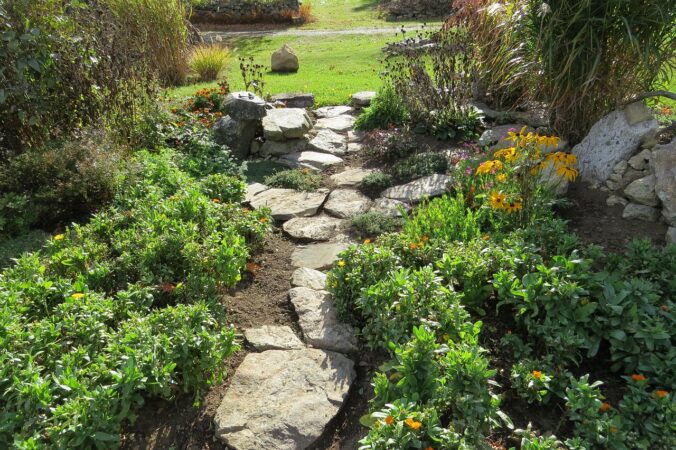



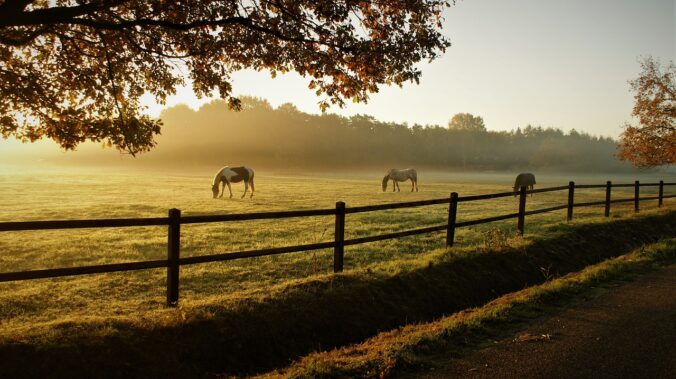
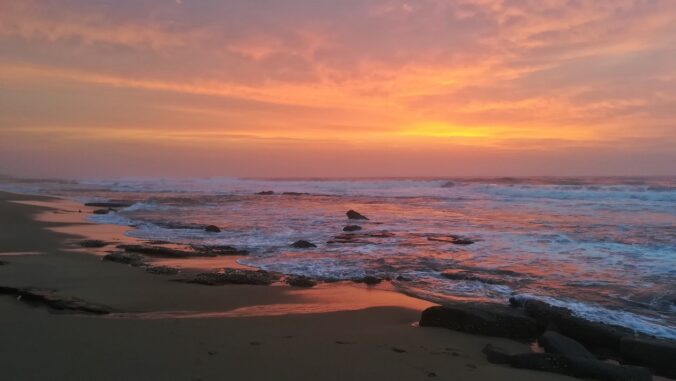
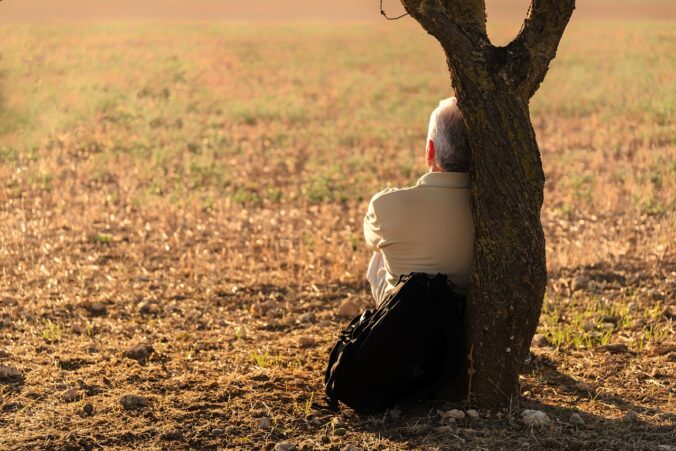

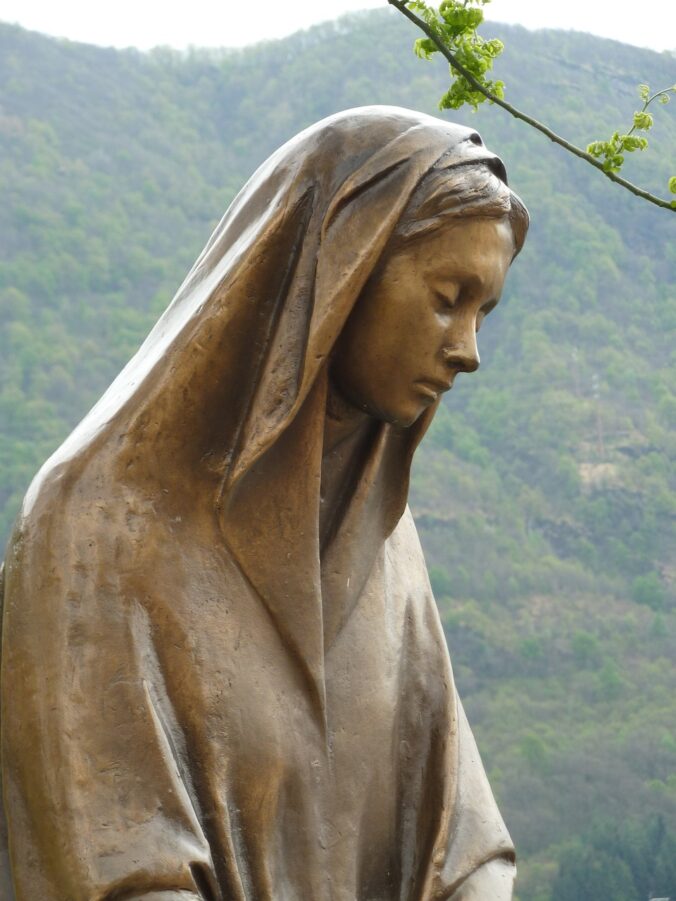
Recent Comments